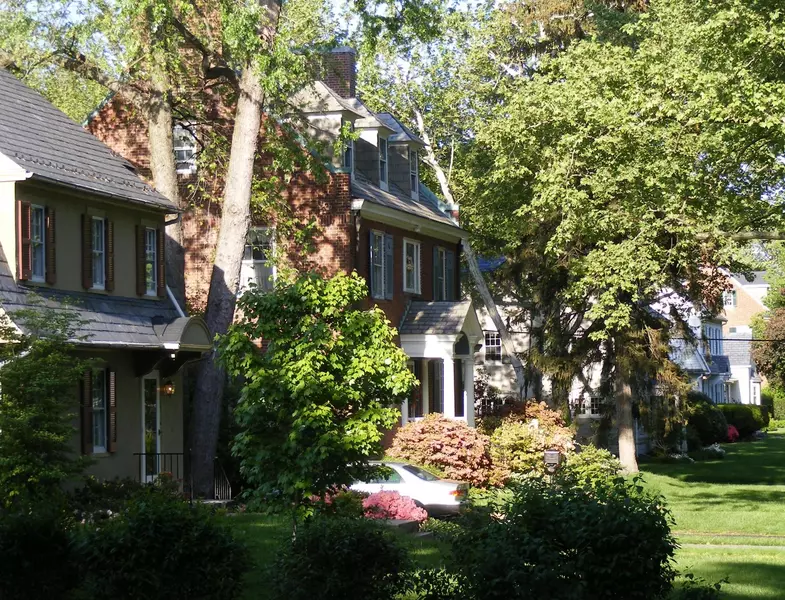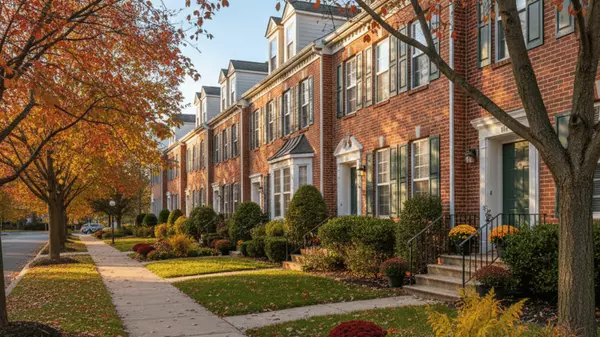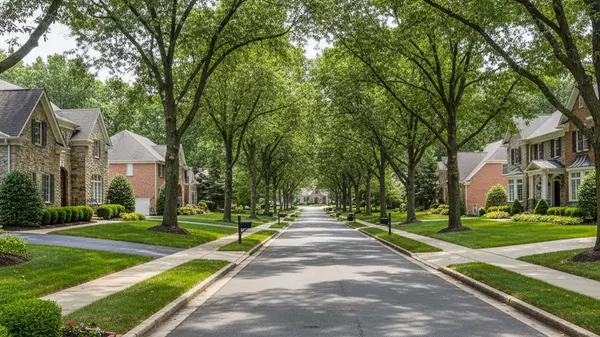Discover the Baltimore Metro Area with Mike Fielder - Your Trusted Realtor

Community Is Everything In Baltimore
Our mission transcends beyond real estate. Every year, we choose local organizations that champion crucial causes in the Baltimore community as recipients for annual donations. This commitment reflects our dedication to giving back and fostering a better world for all.
Your trust is our most significant asset. We prioritize understanding your needs in every real estate transaction you entrust to us. Whether you're buying or selling, we're committed to providing you with the best information and resources, ensuring you feel empowered and confident in your decisions.

EXPLORE OUR FEATURED AREAS

Roland Park
One of the first planned suburban communities in the U.S.
Known for its tree-lined avenues and historic homes.

Homeland
A picturesque neighborhood with a series of lakes offering a suburban feel in the city

Lake Evesham
A serene neighborhood offers a quiet suburban setting of cottages colonials and craftsman style homes.

Cedarcroft
A charming community known for its historic architecture and peaceful streets

Hampden
A trendy and youthful area with a mix of modern townhouses and classic row homes.

Wyman Park
Client Appreciation Events
Check out below to see photos and videos from previous Client appreciation and community events!
Buyer Services
We're here to help you find the home of your dreams. With a team of experts guiding you every step of the way, our extensive knowledge and experience will ensure you have the best home buying experience possible.
Seller Services
We take the stress out of selling your home by providing a seamless experience from start to finish. Our team will put you in the best position to market your home and sell it for the highest possible price.
+1(410) 905-6678
mike@mykeyhometeam.com
MikeSellsBaltimore.com






